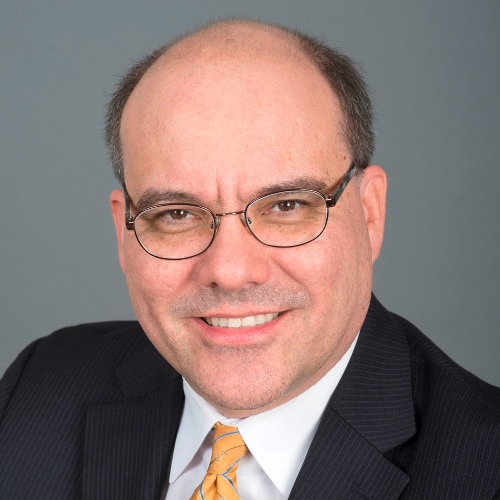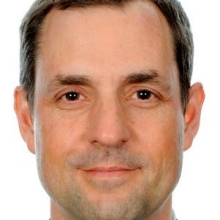
Blogs
Protection to flooding changes the risk that communities face, with higher protection standards generally meaning less risk of damages and fatalities. But understanding of flood risk, especially at large scales, is made difficult by the fact that for most places we simply do not know what the current standards of protection are.
Also known as the "garden city”, Singapore is set to become a "city in a garden”. The abundance of greenery is a striking feature, with parks, green roofs, street side plants, and trees on every corner. But greenery is not there just to please the eye and create livable public areas — it also helps mitigate the risk of flooding.
In this video, Keiko Sakoda Kaneda (Disaster Risk Management Hub, Tokyo) and Daniel Levine (Tokyo Development Learning Center) elaborate on some of the key elements of their work program, and explain how they collaborate with development partners from around the world.
As part of the India Disaster Risk Management team, I travelled on the “Road2Resilience” bus journey along the entire coast of India. Along with the team’s mission to provide implementation support to the six coastal disaster management projects, I also focused on women’s participation in the mitigation activities of these projects.
Lessons learned over time from post-conflict recovery and reconstruction efforts reflect the need to reinforce stabilization immediately following the end of a conflict. Being ready in advance with a recovery and reconstruction plan is one way to ensure that critical interventions can be implemented quickly following the cessation of hostilities.
It’s a simple yet essential idea: war and disaster are linked, and these links must be examined to improve the lives of millions of people around the world. More than half of people impacted by natural hazards lived in fragile or conflict-affected states.
The recently publication “The Global Risks Report 2016” by the World Economic Forum highlights that climate change is perceived as a top business risk. This intensifying threat requires governments and the private sector to take action to promote climate-competitive industries that can propel sustained economic growth.
Teams from the World Bank and GFDRR have embarked on a 40-day, 10,000-km journey along the entire Indian coastline. In this video, Ede Ijjasz and Saurabh Dani take you on the road with them to showcase some of the work the teams are doing to protect India's costal states against natural hazards.
The Vienna City Hall (Rathaus) is one of the landmarks of the Austrian Capital. Where in the 18th century these halls hosted the Viennese bourgeoisie, in January these halls now received disaster risk management professionals, decision makers, policy makers, technical institutions, and representatives from the private sector, NGOs and Austrian academic institutions to discuss disaster risk management issues in the country.
Measuring the impact of war on Syria is an ongoing challenge as the conflict continuesto devastate the lives of people and their communities. However, efforts to understand the nature and extent of the damage are essential for identifying immediate needs, and for preparing reconstruction plans that can be launched at the first sign of peace.

 Paolo Scussolini
Paolo Scussolini
 Zuzana Stanton-Geddes
Zuzana Stanton-Geddes
 Jolanta Kryspin-Watson
Jolanta Kryspin-Watson
 Ede Ijjasz-Vasquez
Ede Ijjasz-Vasquez
 Keiko Sakoda Kaneda
Keiko Sakoda Kaneda
 Daniel Levine
Daniel Levine
 Malini Nambiar
Malini Nambiar
 Raja Rehan Arshad
Raja Rehan Arshad
 Francis Ghesquiere
Francis Ghesquiere
 Etienne Kechichian
Etienne Kechichian
 Saurabh Dani
Saurabh Dani
 Joaquin Toro
Joaquin Toro
 Ghanimah Al-Otaibi
Ghanimah Al-Otaibi